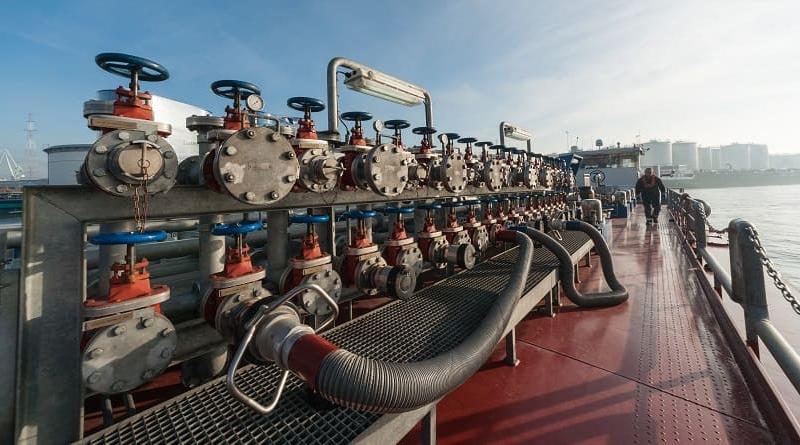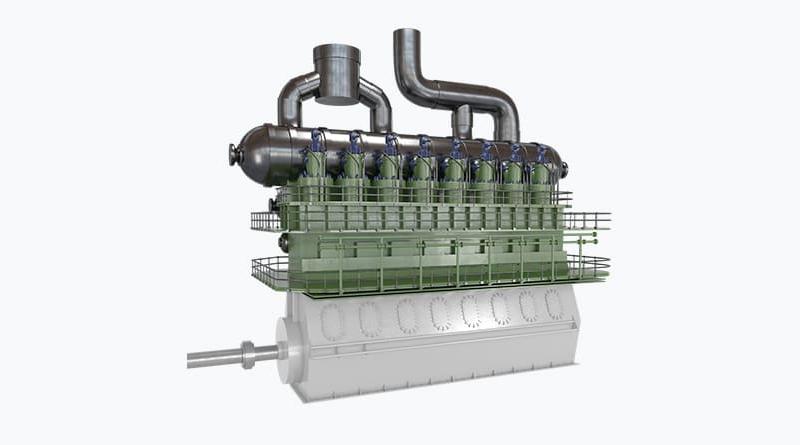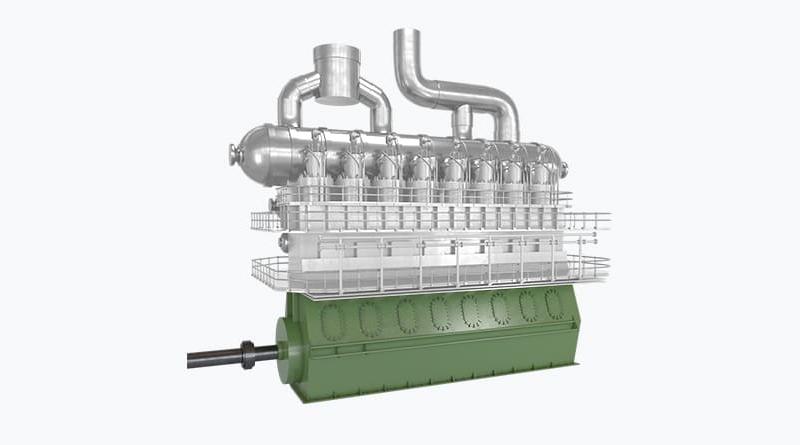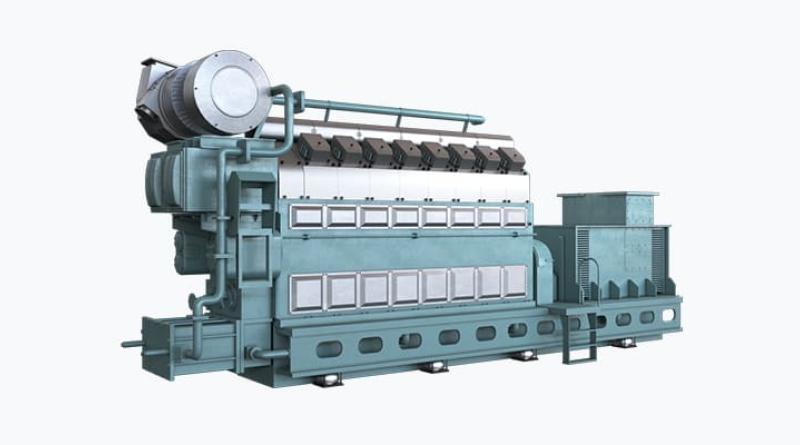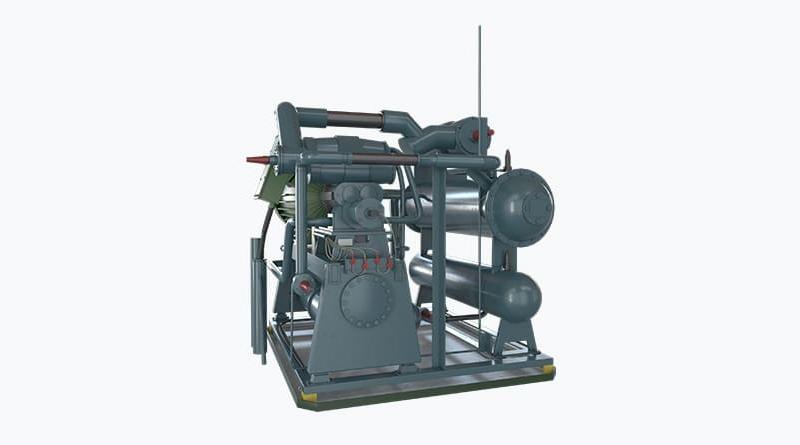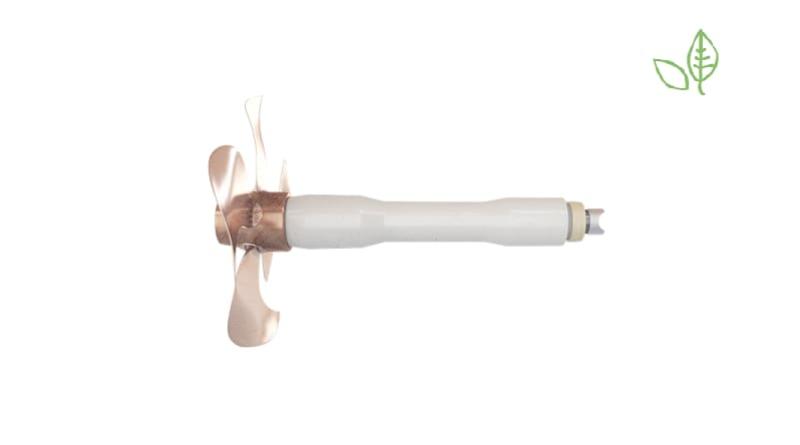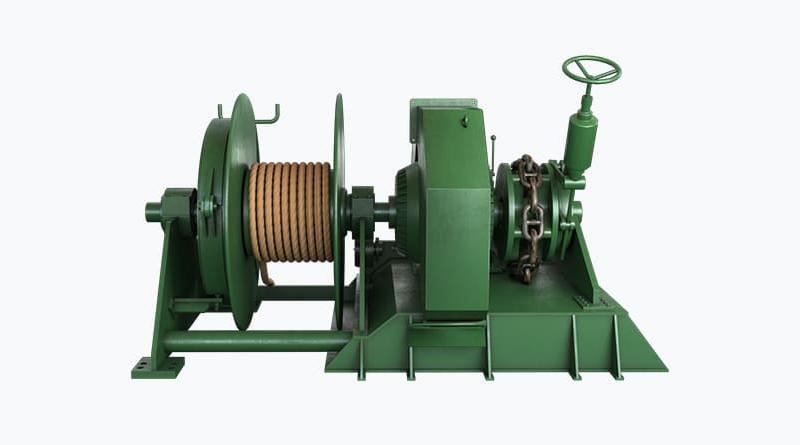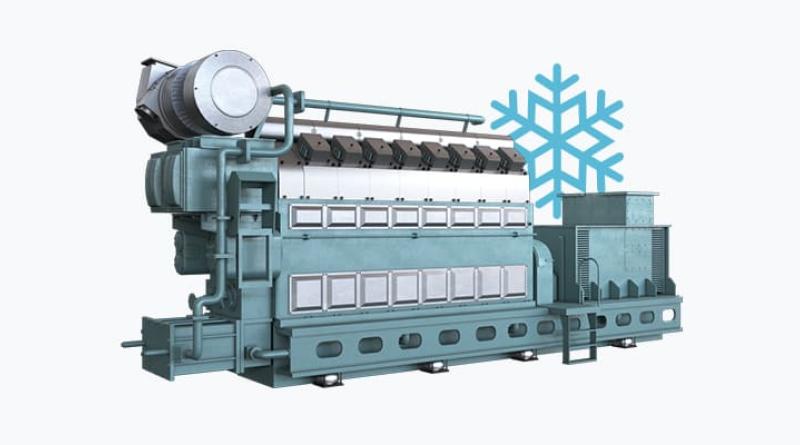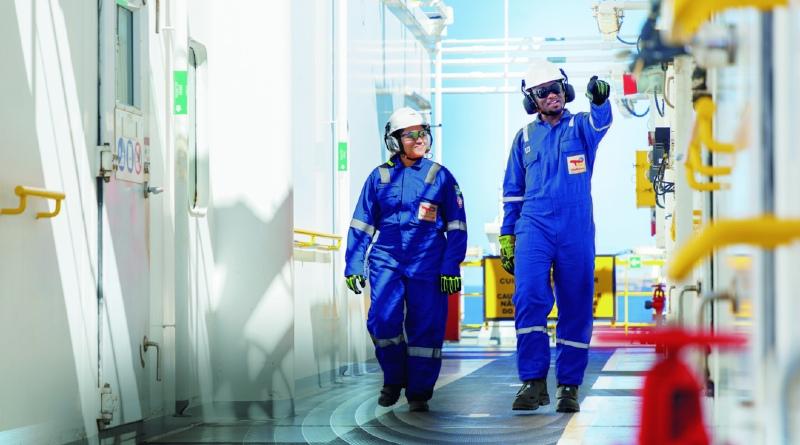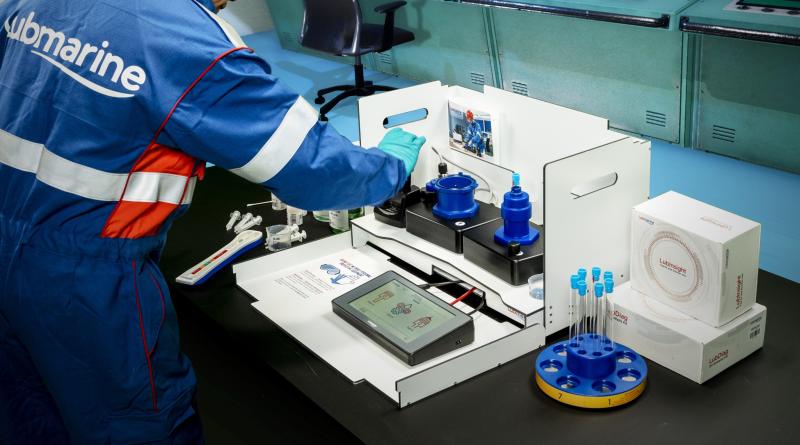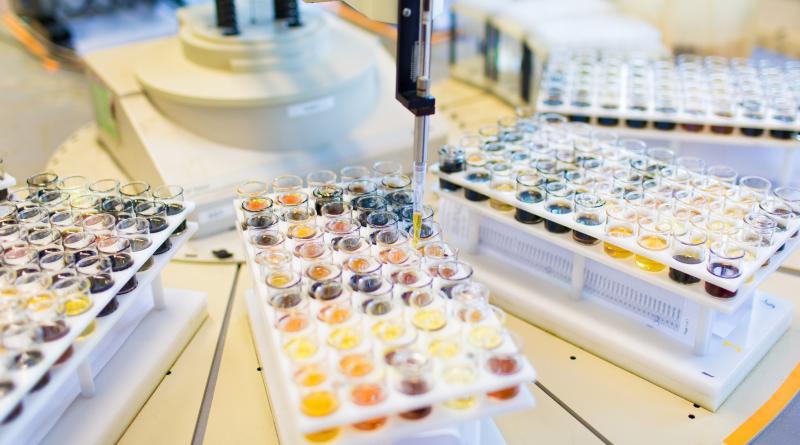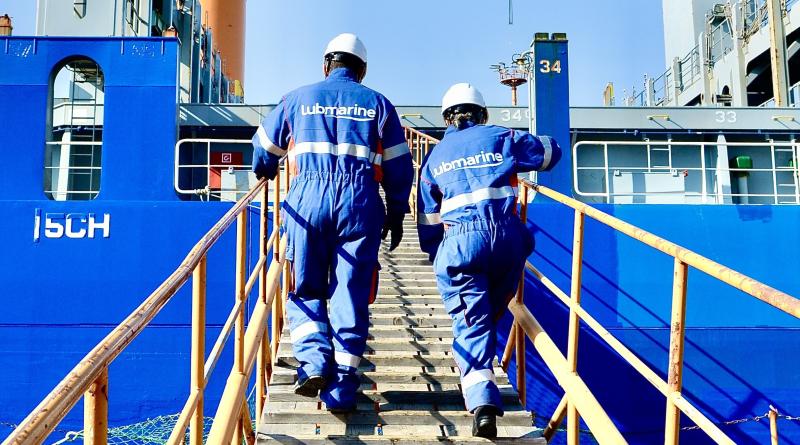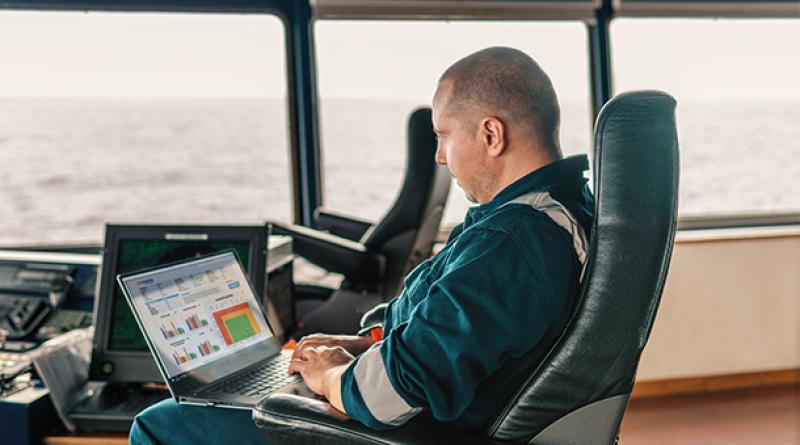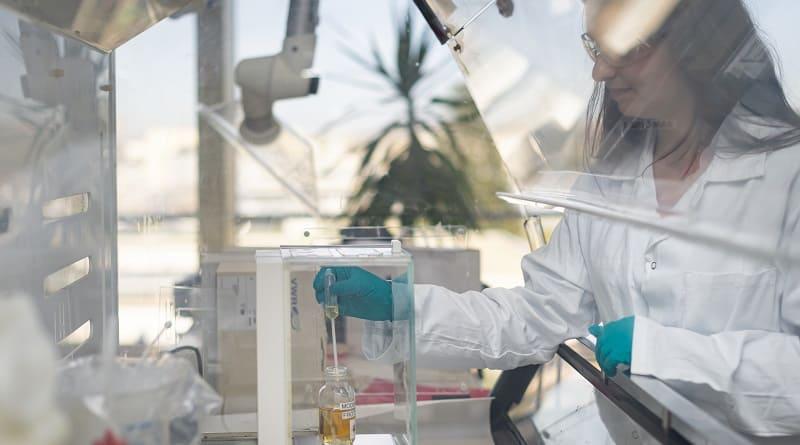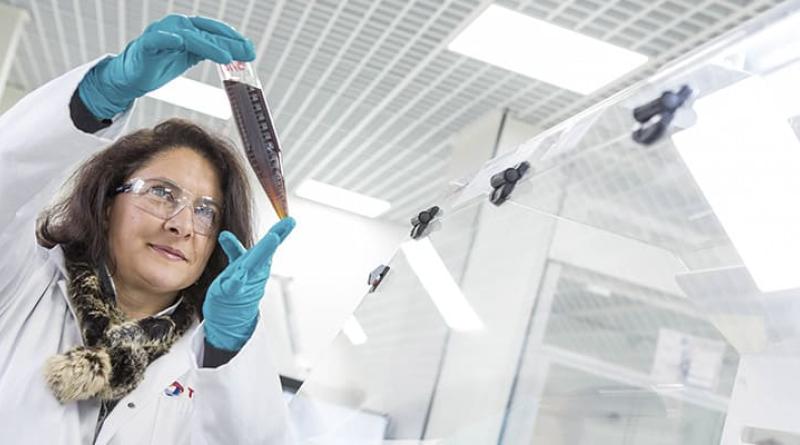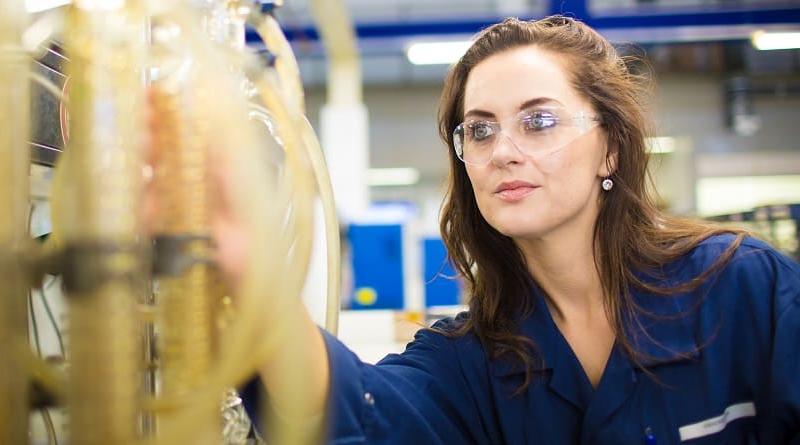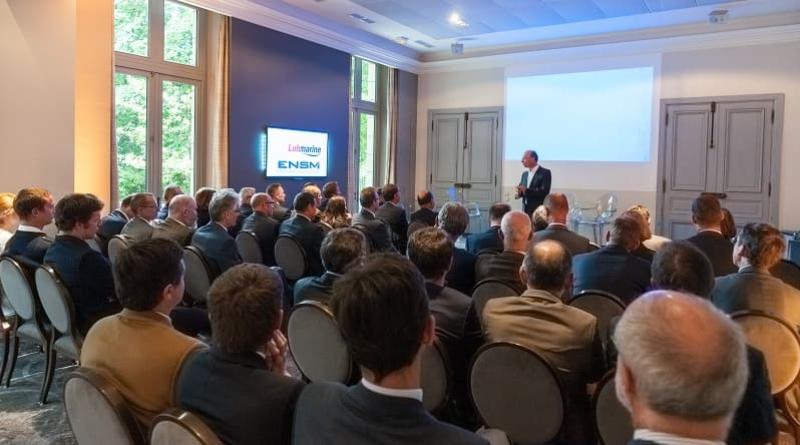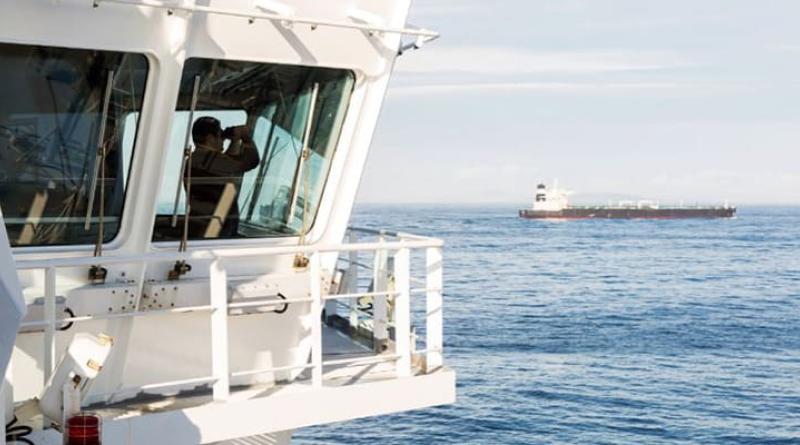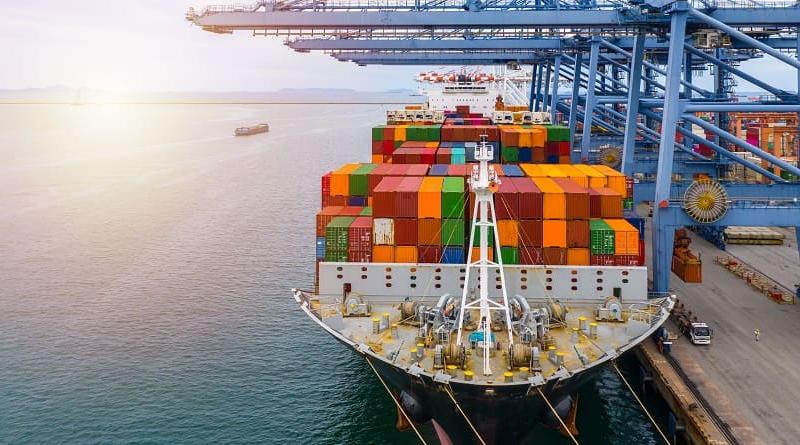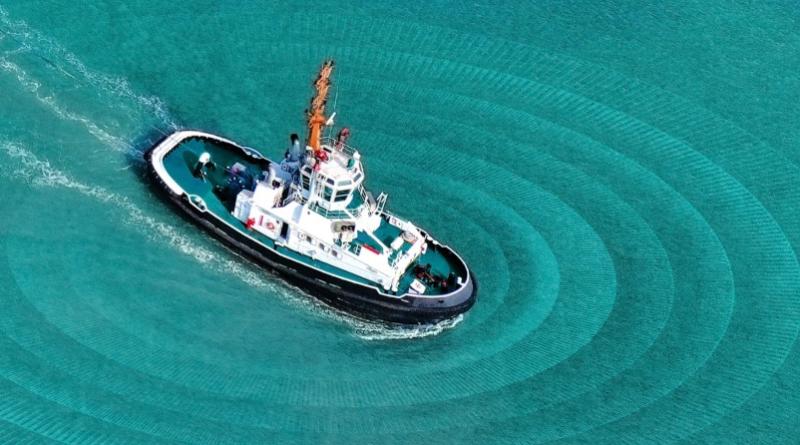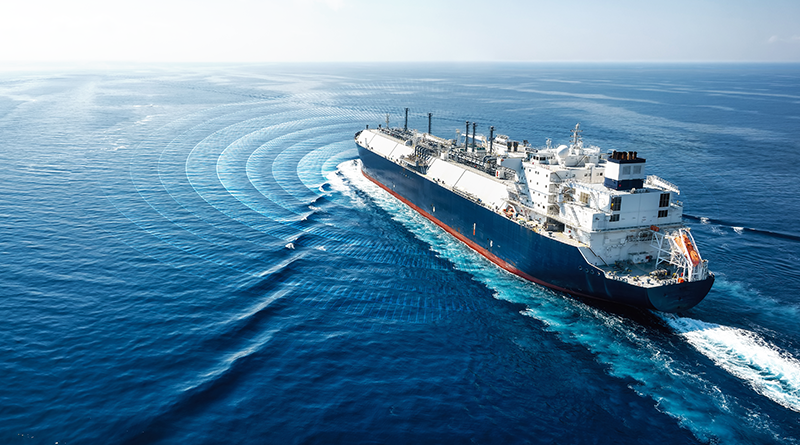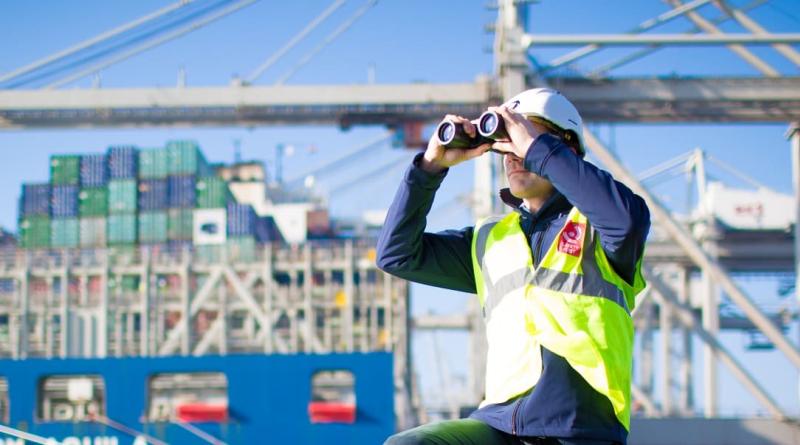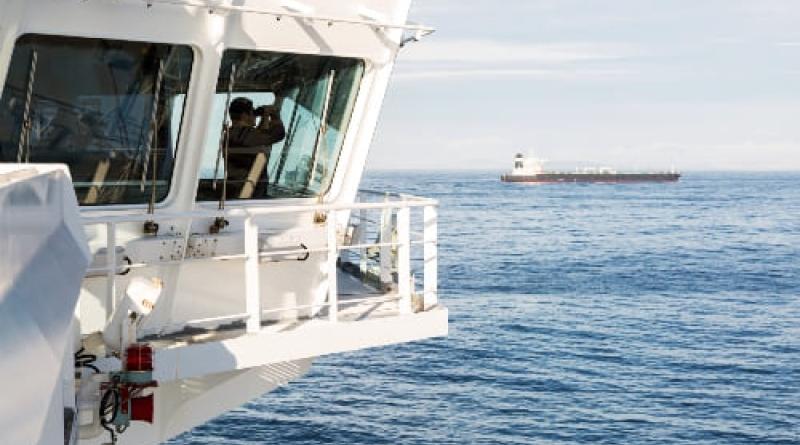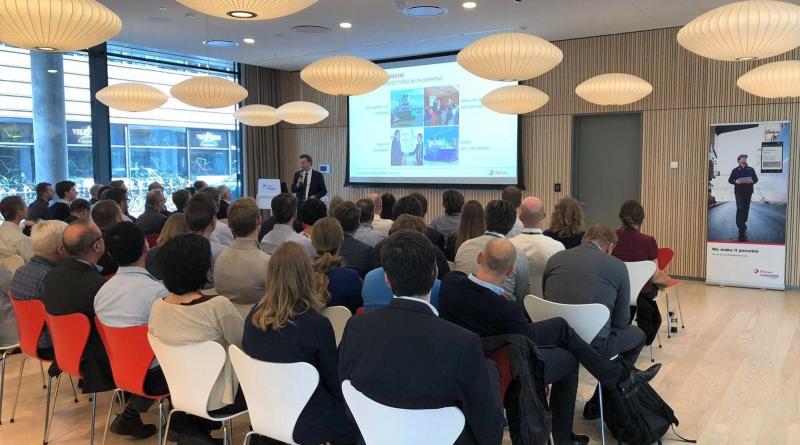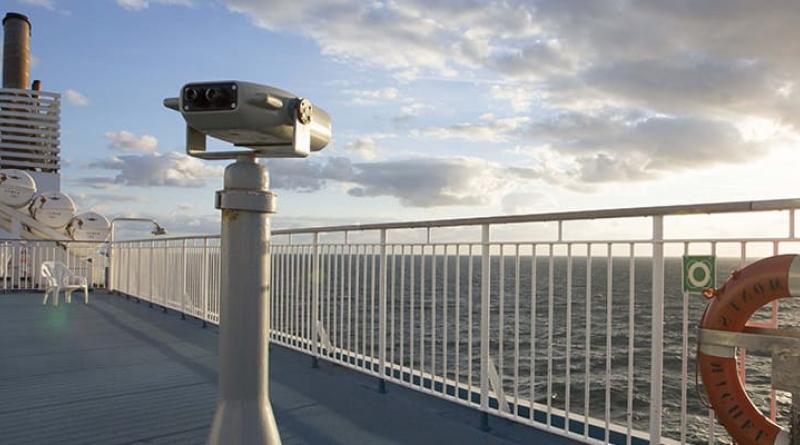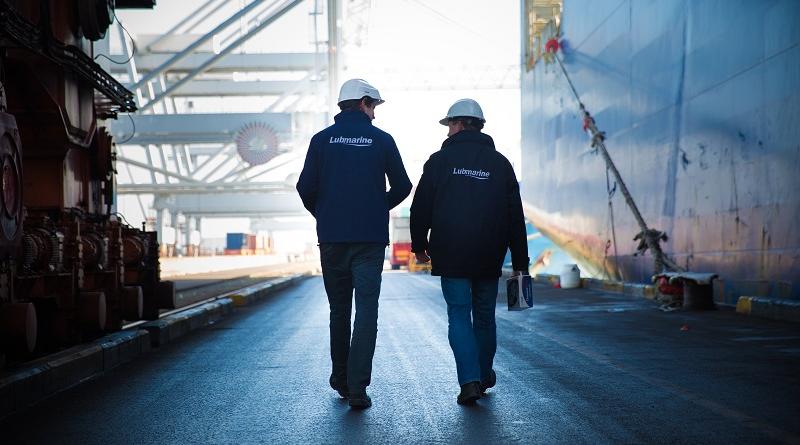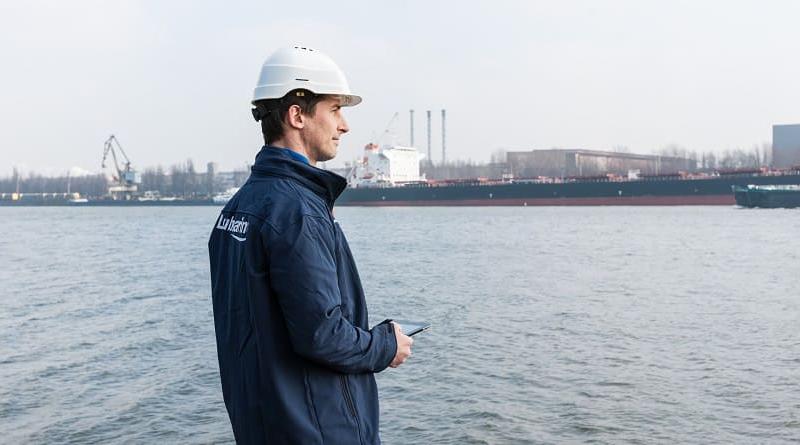
Total Lubmarine’s marketing director Serge Dal Farra reports on the mood at the SMM tradeshow in Hamburg and what technological changes are in store for the shipping industry.
It’s one of the shipping industry’s biggest tradeshows with 2,200 exhibitors and 50,000 visitors passing through the doors of Hamburg’s bi-annual SMM show. For Total Lubmarine, it is always a good opportunity to showcase our latest products and services, to meet clients and engage with prospective customers. This year was no exception, but against the backdrop of poor freight markets, the collapse of container ship operator Hanjin and reduced levels of vessel newbuildings, companies from across the maritime supply chain are also sharing the challenges facing their shipowning clients. Nevertheless, there was a dynamic atmosphere in and around the show, with numerous innovations on display as suppliers and manufacturers work hard to meet the shipping industry’s needs.
A need for solutions
The key message we heard from our clients at the show was the need for practical solutions that can anticipate their needs. Our clients continue to face operational challenges as engine technologies evolve, emission control areas expand and legislation evolves. They tell us that they are looking for long term partners that work with them to guide them through all aspects of engine room management. This is of course an integral part of Total Lubmarine’s offer, and we pride ourselves on partnering with our clients and developing new lubes and services that simplify their operations.
Energy efficency
Energy efficiency has been in the spotlight for a number of years, and SMM 2016 was full of companies providing new innovations in this area. Despite the drop in oil price, bunkers are still big part of any shipping company’s daily operating cost and around 250million tonnes of fuel is consumed annually by the merchant fleet. There are numerous new technologies that can offer fuel consumption reductions of anything between 1% and 10%. The launch of MAN’s “Mark 10” the latest generation of large bore engines, introduces a new step change in engine design. These engines are simpler than previous designs, featuring fewer components, a reduced total weight, and therefore reduced fuel consumption. But it is not just better engine designs that reduce fuel consumption. Big efficiencies can be won from the latest coatings technologies, waste-heat recovery systems, weather routing technology and air lubrication etc.
Multi-fuel challenges
For many ship operators, dealing with multi-fuels is an emerging challenge. The implementation of ECAs around the world means that ships are burning a range of fuels. Marine gas oil, LNG, methanol and even ethanol or ethane are increasingly being used to power engines to meet increasingly tough SOx and NOx emissions targets. Each of these fuel choices brings its pros and cons, handling requirements, safety issues and infrastructure investments. At the same time, some owners may choose to invest in scrubbing systems to allow them to continue burning heavy fuel oil. It seems that complexity has reached new heights.
A digital future
Looking around the stands at SMM 2016 and listening to the many presentations, it is clear that the digital revolution is well upon the maritime industry. Our industry is moving fast and taking big leaps forward. Capturing, analysing and making use of the vast quantities of data produced by a ship, its engines and equipment is the next big challenge facing the sector. Thanks to the innovations being made ship management teams are able to anticipate problems. Everything from navigational practices to maintenance of equipment is being revolutionised.
But will the digital revolution really mean crewless ships in the future? A big talking point at SMM was Rolls Royce’s radical programme to design autonomous ships. Whether or not these changes come to pass, one thing is certain. The role of crews on board ships is changing. New technologies require new types of expertise.
However, as the recent IMO Maritime Day reminds us, safety and security of global trade depends on the competency of the men and women who serve on the 50,000 ships which ply our oceans.
Total Lubmarine will itself continue to innovate its products and services and ensure that it meets the requirements of the energy efficient, digitally connected, highly skilled ship of the future.


